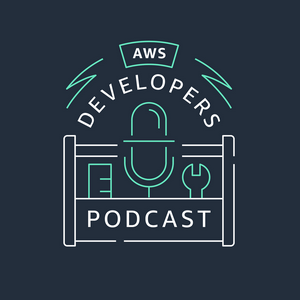In this episode, Romain sits down with Michael Gasch, Product Manager at AWS for Lambda Durable Functions, to explore one of the most exciting launches in the Serverless space in recent years. Michael shares the full story: from the early days of Lambda and the evolution of the serverless developer experience, to the challenges developers face when building multi-step, stateful workflows — and how Durable Functions addresses them natively within Lambda. Discover the evolution of AWS Serverless and why last year was 'the year of Lambda', key launches including IDE integrations, Lambda Managed Instances, and Lambda Tenant Isolation. Learn what Lambda Durable Functions are and what they are not, the checkpoint-replay model and how it enables resilient, long-running executions, and wait patterns including simple wait, wait for callback, and wait for condition. Explore real-world use cases: distributed transactions, LLM inference orchestration, ECS task coordination, and human-in-the-loop workflows. Michael shares unexpected feedback from customers about architectural simplification, how coding agents like Kiro dramatically accelerate writing Durable Functions, and when to choose Durable Functions vs. Step Functions vs. SQS/SNS. Plus, what's coming next: more regions, and the Java SDK (now available!).


